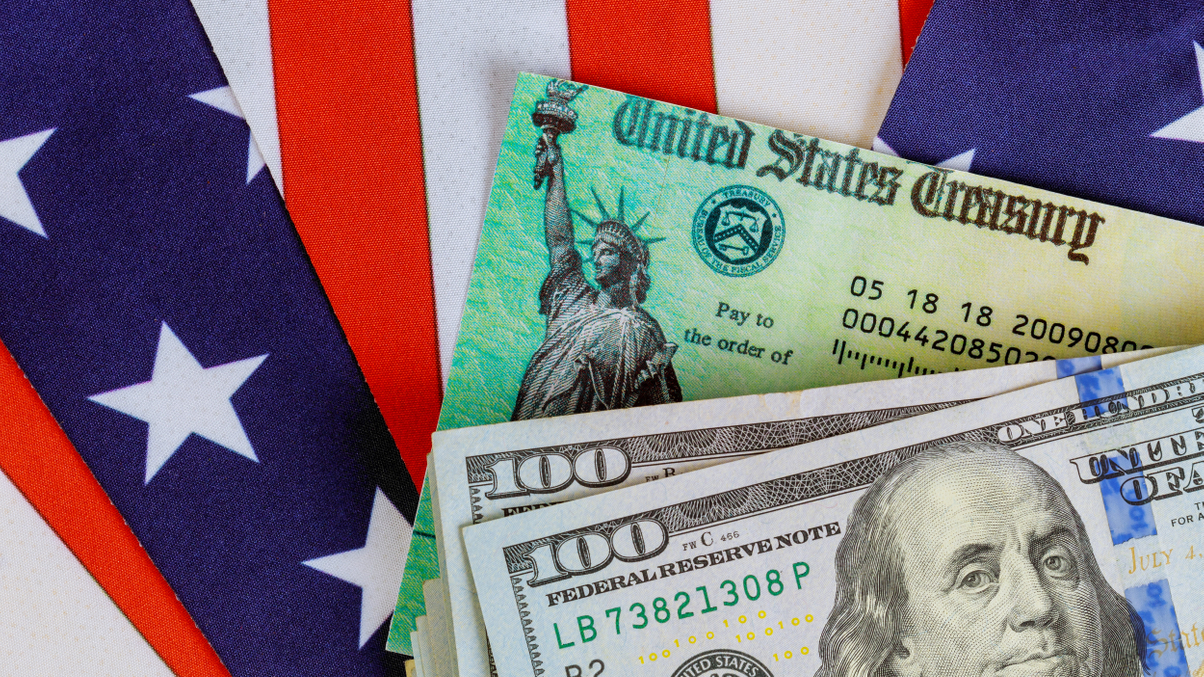Why protests won’t dent Treasuries’ safe haven status
Instability sparked by anti-racism protests are not set to deter investor allocations to US Treasuries, but the country's high-debt level could begin to erode its creditworthiness.

The US government's efforts to roll back lockdown measures and re-open its economy amid an unprecedented pandemic have been dealt a grievous blow by nationwide anti-racism protests.
Sign in to read on!
Registered users get 2 free articles in 30 days.
Subscribers have full unlimited access to AsianInvestor
Not signed up? New users get 2 free articles per month, plus a 7-day unlimited free trial.
¬ Haymarket Media Limited. All rights reserved.


